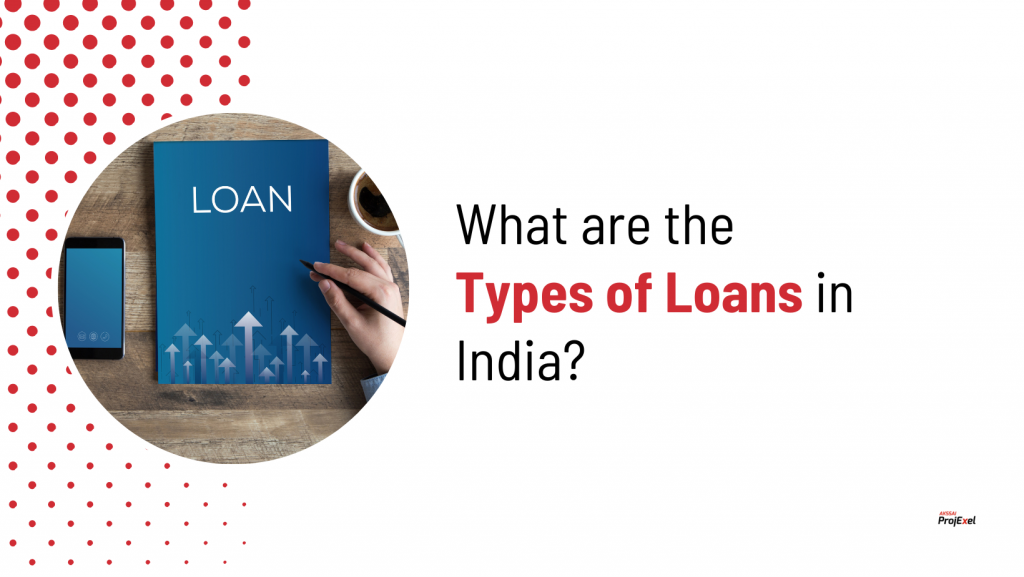In today’s society, loans may be used for various purposes. It may be used to establish a new business, buy a new property, finance a big event like a wedding or simply plan a vacation.
Let us discuss the many kinds of loans available on the market and the features that make these loans valuable to borrowers.
Let’s look at some of the common types of loans available in India:
- Personal Loan
The purpose of a personal loan is to provide the borrower with funds to cover certain expenses. This loan allows you to utilise the money in whatever manner you wish. You may pay off your prior bills, treat yourself to some high-end accessories, or arrange a memorable family vacation. It will be your choice to decide what to do with the loan. Comparatively speaking, this type of loan has the highest interest rates of all the ones available.
- Home Loan
Everyone aspires to possess a home of their own. However, purchasing a property requires a large sum of money, which is not always available at once. Banks now provide home loans to help you buy a house.
- Education Loan
For those in need, banks can provide education loans. Students with limited financial resources might take advantage of these loans to get a head start on their education. Any Indian bank will provide money to students who want to attend college or university. They’ll have to pay back the loan from their monthly paychecks as soon as they get a job.
- Vehicle Loan
Getting a car or motorcycle loan might help you fulfil your goal of owning a vehicle. The majority of financial institutions offer these loans. If the borrower fails to make timely payments on a secured loan, the bank has the authority to repossess the car.
- Agricultural Loan
Banks provide various credit options to help farmers with their financial difficulties. These loans, which have very low-interest rates, assist farmers in purchasing seeds, agricultural equipment, tractors, pesticides, and other such items to increase their harvest. After the crops have been harvested and sold, the loan may be repaid.
- Loan Against Insurance Policies
You may be able to get a loan against your insurance coverage. These loans are only available to policies that have been in force for at least three years. You may be able to take out a loan from the insurance company to pay for your coverage. There is no need to go to the bank for the same. The bank will need to see all the paperwork for your insurance coverage.
- Loan Against Bank FDs
Having a fixed deposit with a bank allows you to apply for a loan based on that account’s balance. If your FD is worth roughly INR 100,000 or more, you may be eligible for an INR 80,000 loan. On the other hand, an unsecured loan has a higher interest rate than an FD.
- Loan Against Mutual Funds Or Shares
As a rule, borrowers pledge their mutual fund or stock holdings as security while applying for a loan. Banks provide loans that are less than the full value of the investor’s stock or mutual fund holdings. If the borrower cannot repay the loan, the bank will be entitled to impose interest at a higher rate.

